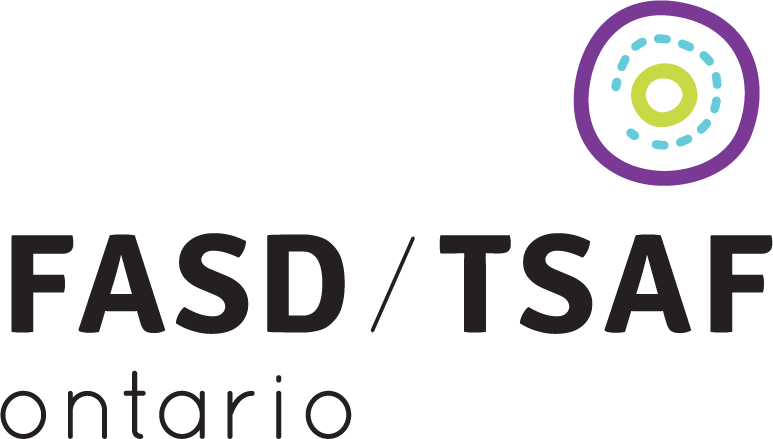Beyond the Surface: The Hidden Spectrum of FASD in the Justice System (John Howard Society)
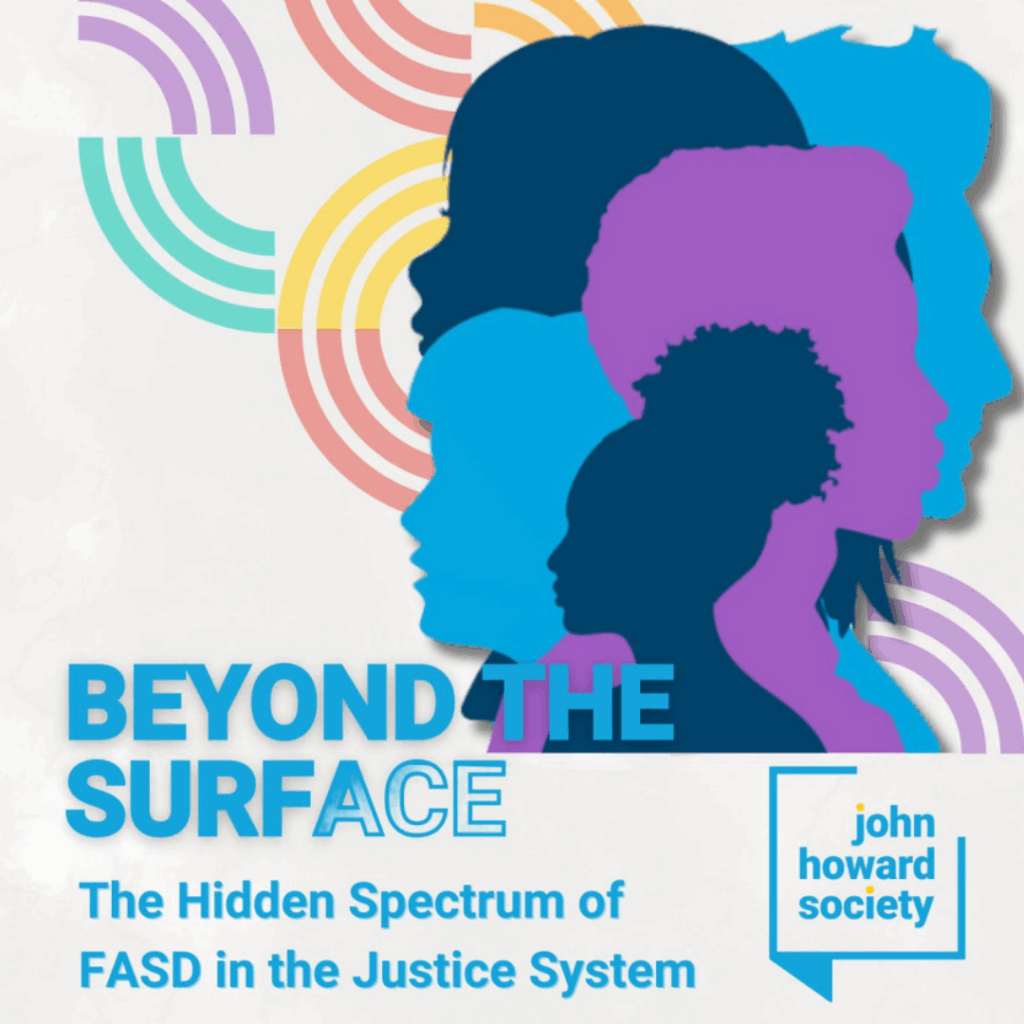
Funded by the Dept. of Justice, Canada “When recognizing the systemic challenges within the Canadian criminal justice system, it is important to acknowledge the historical and present-day impacts of colonialism and systemic discrimination which includes but is not limited to the over-representation of Black individuals and Indigenous Peoples throughout the criminal justice system..Additionally, individuals with Fetal Alcohol Spectrum Disorder (FASD) are disproportionately affected by the justice system, with 60% of those with FASD having contact with the justice system – 30 times higher than the general population…”
Indigenous Approaches to FASD Prevention: Indigenous Mothering
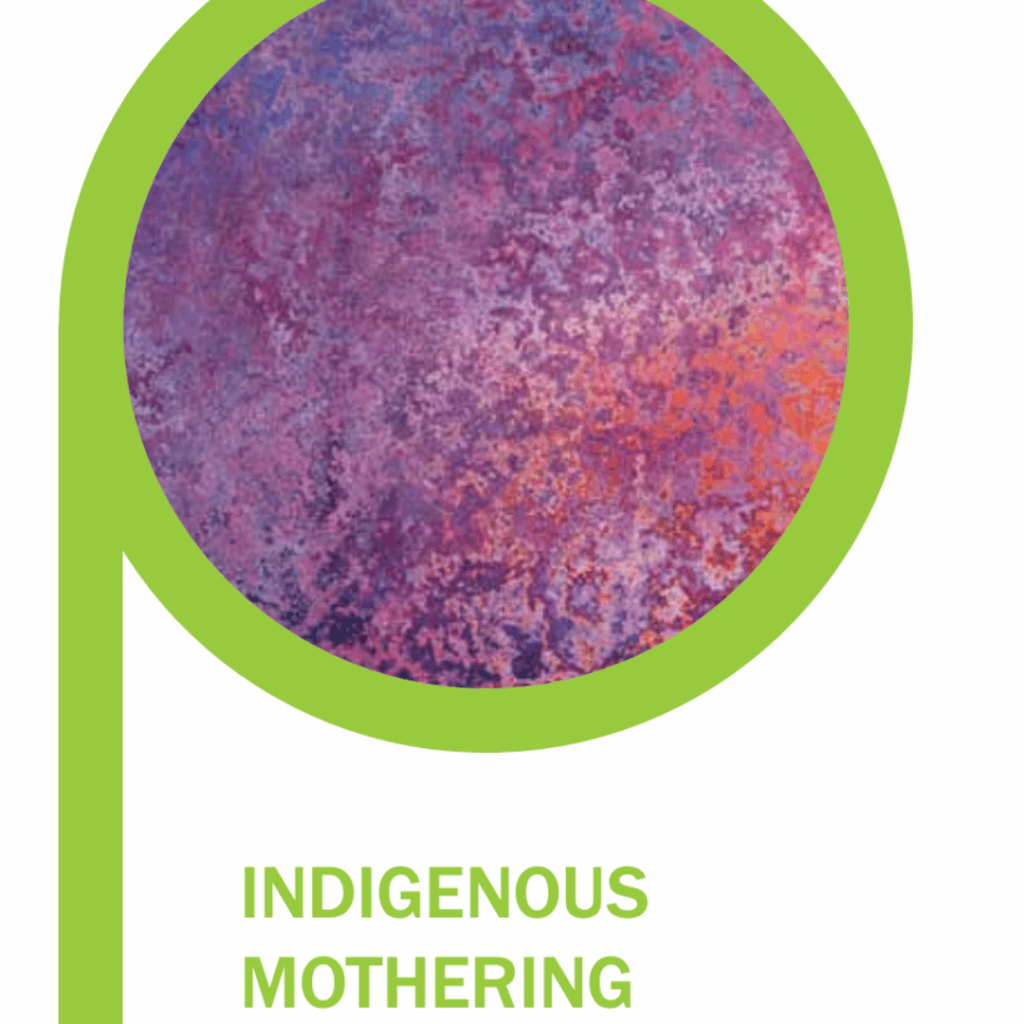
This booklet provides a brief introduction to how FASD prevention activities can support the health and well-being of Indigenous mothers and their families.
Indigenous Approaches to FASD Prevention: Reconciliation and Healing

This booklet provides a brief introduction to how FASD prevention activities can support reconciliation, social justice and change.
Indigenous Approaches to FASD Prevention: Community Action
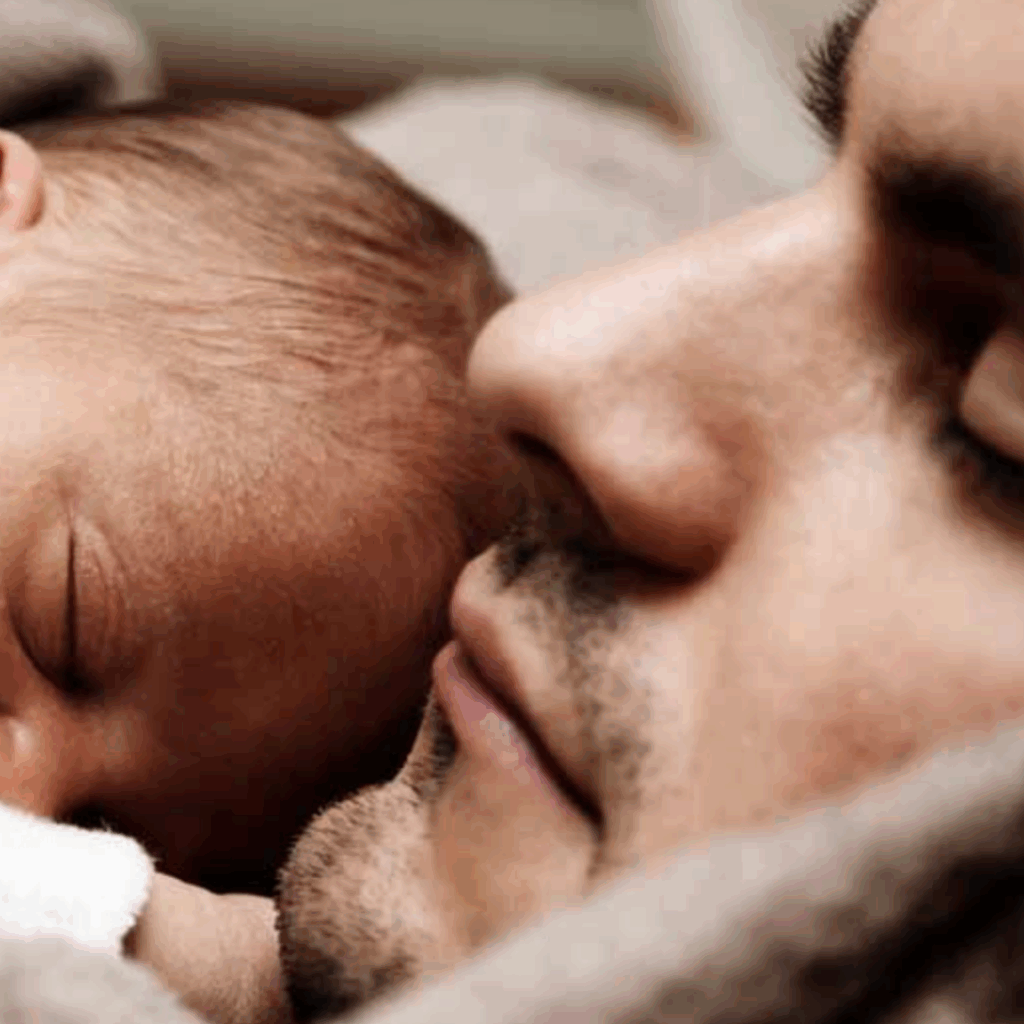
This booklet provides a brief introduction to community-led initiatives that can help to prevent FASD and includes examples from Canada and internationally.
Indigenous Approaches to FASD Prevention: Wellness

This booklet presents cultural connections as both prevention and intervention measures in discussions about FASD with Indigenous communities. The booklet focuses on supporting mental wellness to address contraception, alcohol use, and pregnancy planning in preventing FASD.
Indigenous Approaches to FASD Prevention: Revitalizing Culture and Healing
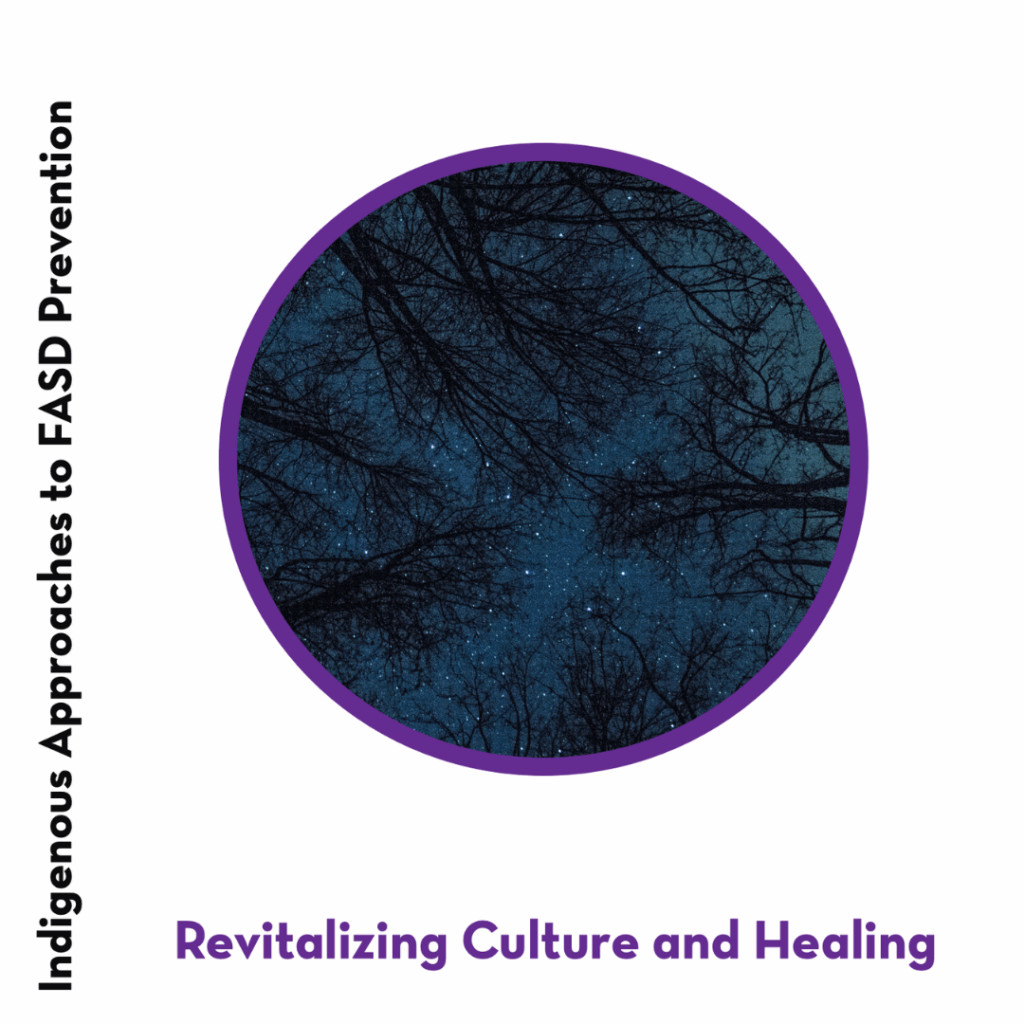
This booklet, “Revitalizing Culture and Healing: Indigenous Approaches to FASD Prevention” (2019), highlights how Indigenous communities across Canada are addressing Fetal Alcohol Spectrum Disorder (FASD) prevention through culturally grounded, community-led approaches.
Supporting your child with FASD: a workshop for Indigenous communities
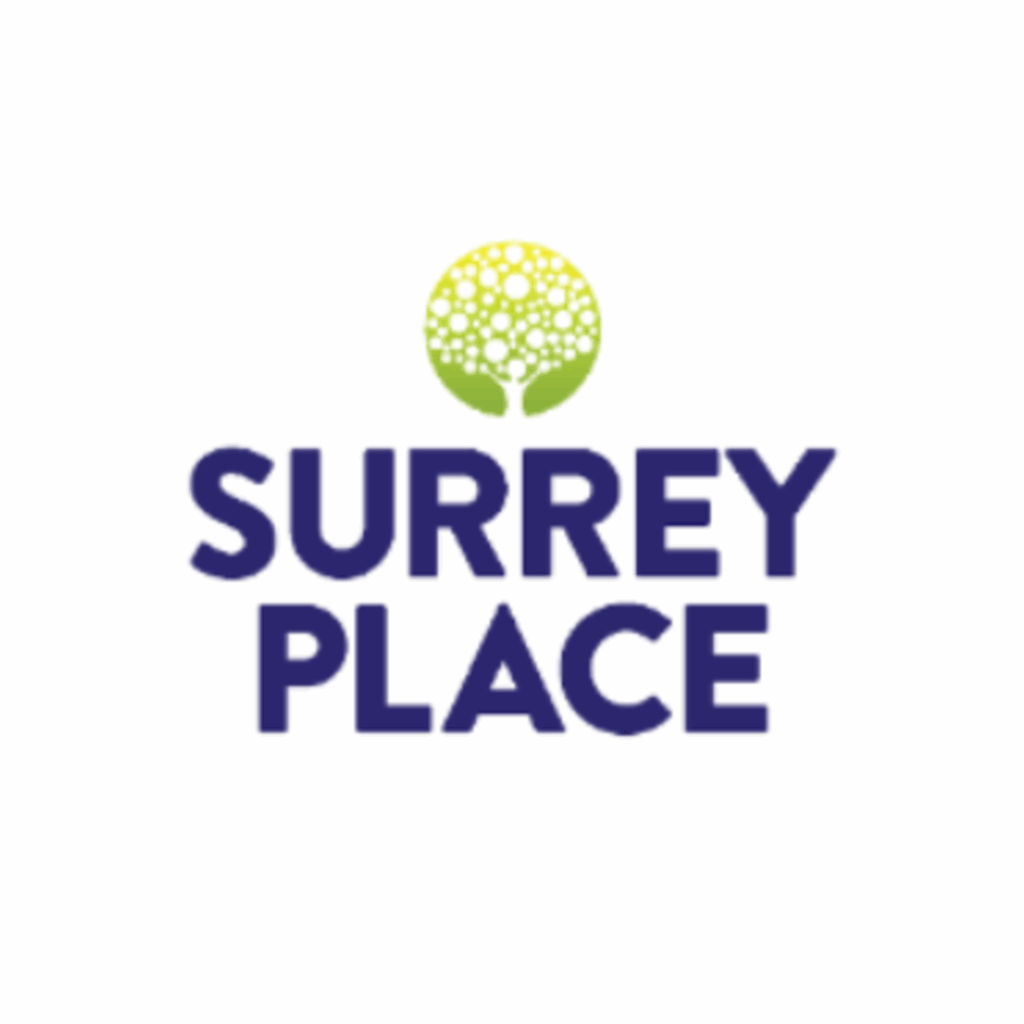
FASD workers Eric Marier, Randy White/ Kebeyaawsung, Chrysta Wood, Kim Stewart, Cereena Rows and Liane Guenette present information about the ten brain domains that may be affected by FASD. This event features content relevant to the broader indigenous community of Ontario.
A Mustard Seed of Hope: Culturally grounded approaches within wraparound care for pregnant and parenting women dealing with substance use and trauma
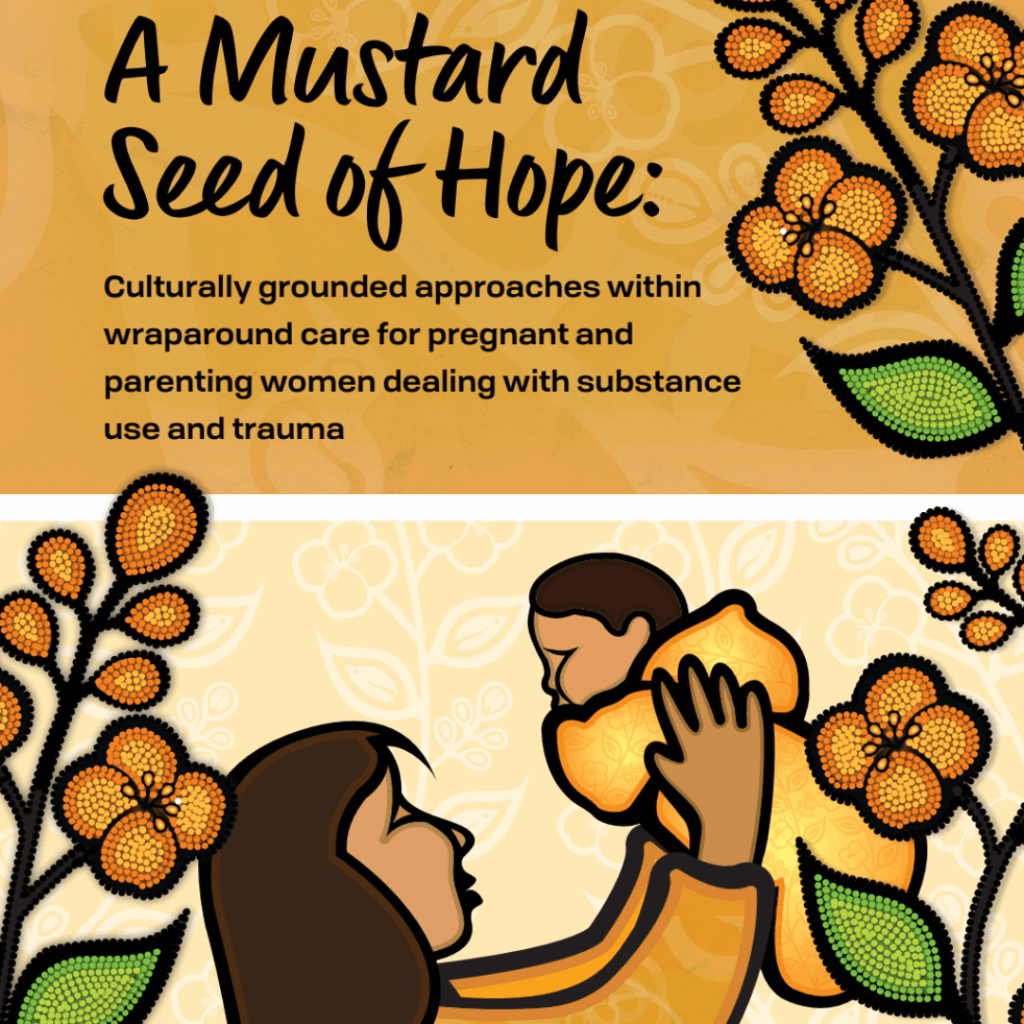
Culturally grounded approaches within wraparound care for pregnant and parenting women dealing with substance use and trauma
What it takes to support a loved one with FASD
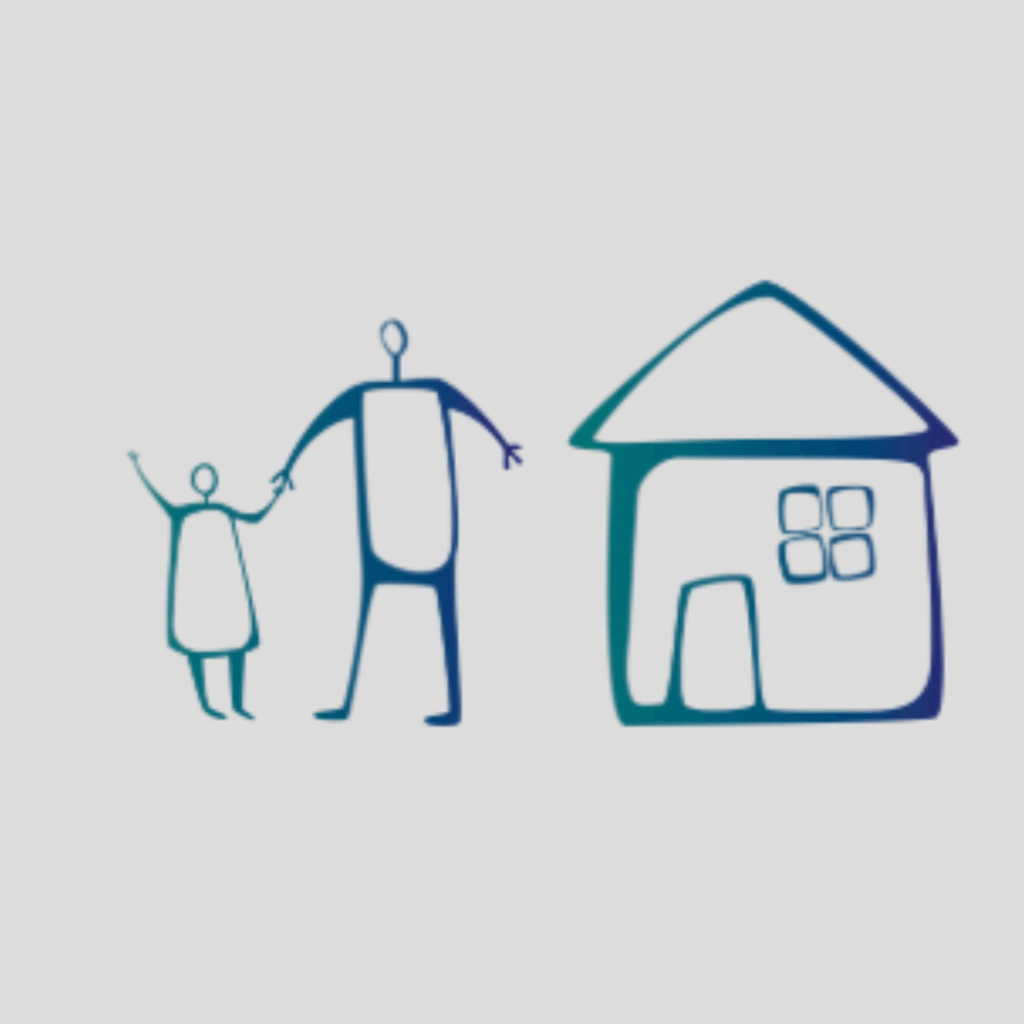
This photovoice project describes the experiences and the challenges faced by those supporting loved ones with FASD. This photovoice project highlights several themes that are consistent with the results of caregiver research and provide a glimpse into the experience of those supporting loved ones with FASD.
Unpacking the Backpack

Webcast about the role of historical trauma as a major underlying cause of addictions and FASD in the Indigenous communities; how family and cultural practices can reduce the effects of FASD (36 minutes)
Through a Métis Lens: Culturally Specific FASD Prevention and Intervention

Webinar/presentation by Métis Nations of Alberta members (52 minutes)
Restorative Justice and Its Implications for Community

Webcast on youth and adults with FASD and restorative justice in an Indigenous community (2.5 hours)
